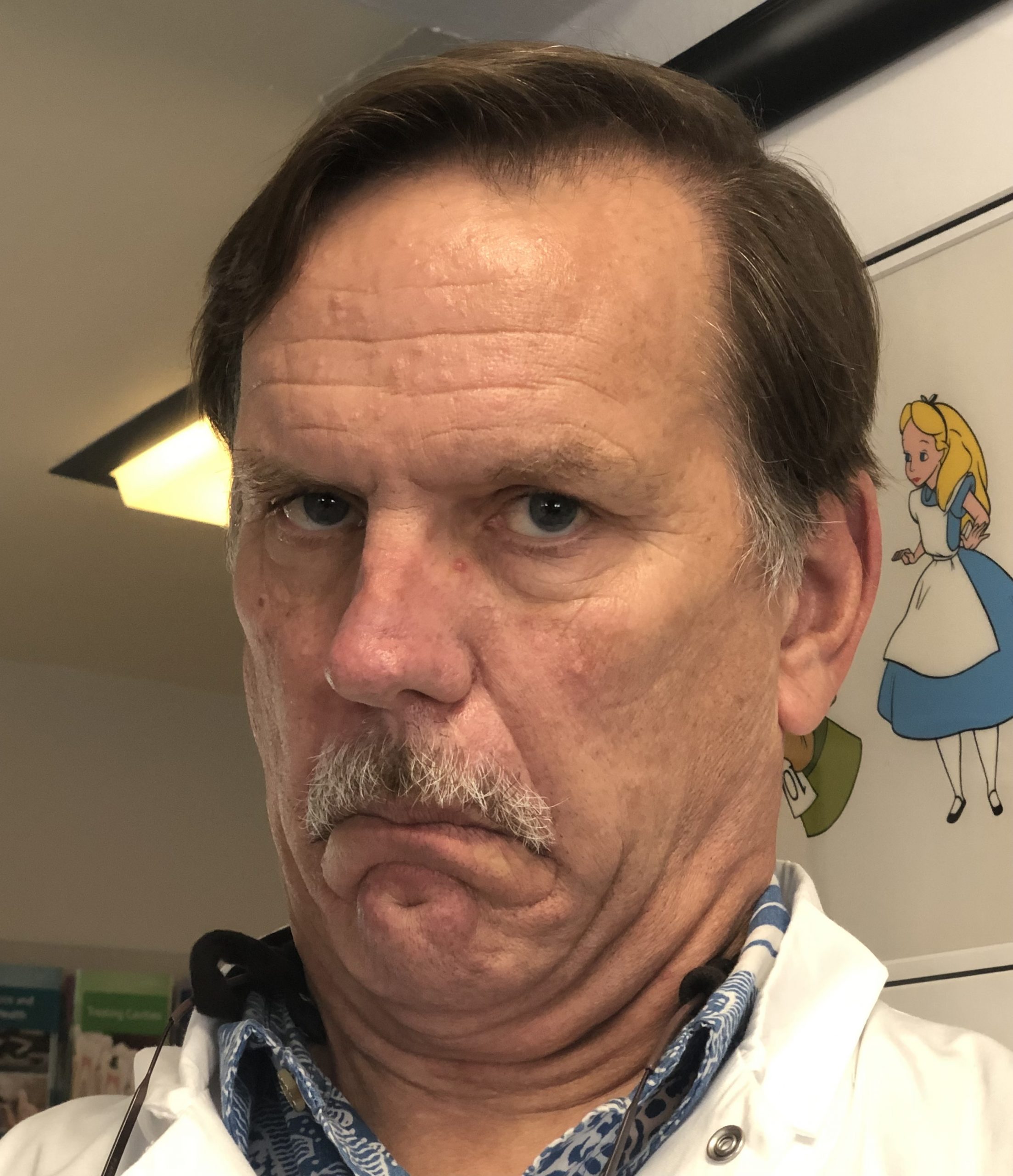When we think of dental health, we certainly think of smiling. Some of us might even believe this is the only connection dental health might have with mental health. After all, a smile can be an indicator of happiness, confidence, and a stronger sense of internal locus of control—a psychological measurement for self-efficacy.
However, studies on both developmental health as well as mental health are beginning to note that proper oral hygiene (or lack thereof) can be early signs of depressive episodes or self-care neglect.
Mouth to Mind: How Are These Linked?
Any patient who is living with or who has watched a loved one live with mental illness can appreciate the many nuances that come with recognizing and treating mental wellness. Unlike a broken bone where there are observable and straightforward symptoms and cures, our minds are incredibly complex—they have countless, unobservable processes which factor into our mental health.
Beyond anxieties and stressors that can contribute to negative mental thought processes, these same mental stressors can trigger negative physical symptoms as well. This often appears in dental related issues: teeth grinding, a decline in proper oral care practices, and even jaw pain related to the temporomandibular joint (TMJ).
Correlation or Causation? How Can This Observation Help?
In many studies, noticing the physical symptoms alone were celebrated as a success. Such observations could be used as early warning signs of severe depressive episodes, a switch from an ineffective medication, or a new environmental stressor for a patient.
Other studies continued their research, determined to discover if dental health could be more than a correlation to mental wellness. For many, their findings found an all too familiar culprit in both the dental and mental health world: cortisol.
Anxiety Disorders, Dental Corrosion, and Cortisol.
Cortisol, also referred to as the stress hormone, is most often associated with our “fight or flight” response. However, for those who live with mental illness such as anxiety disorders, or are in situations where frequent acute stress is common, cortisol can be released more frequently.
The effort to rid your system of the excess cortisol can, unfortunately, create a physical and psychological loop that creates even more stress!
The physical loop can often lead to oral care neglect, which can create a risk of dental corrosion. This risk is so great that in 2016, The Canadian Journal of Psychiatry published an article entitled “No Mental Health Without Oral Health,” which outlines how mental wellness can be nearly impossible to achieve if dental health is a major source of stress.
Smiles, Stress Hormones, and Self-Care.
The connection between oral health and mental well-being can sound disheartening at first, especially when understanding how dental discomfort can create a psychological stressor. However, the Journal of Dentistry and Oral Health has given us a reason to smile while studying this connection.
One of their 2018 studies observed military hospital patients that were dealing with acute stress—and even chronic stress—were aware of oral hygiene neglect as a stressor. Patients who practiced a proper dental routine as a form of self-care reduced their risk of physical and emotional discomfort while at the hospital.
This supports an earlier, 2016 study from the Journal of Oral Medicine and Oral Surgery, where they note that cortisol is one of our body’s greatest anti-inflammatory responses. Therefore, even a minor oral issue like gingivitis, which may cause swelling of the gums, can cause a surplus of cortisol; thus, increasing the potential of suffering from chronic stress.
Mental-Wellness Can Be a Mouthful, but Worthwhile.
With years of study linking the connection between dental health and mental health, it is safe to say that oral care is self-care. While mental wellbeing is immensely complex and an ever-evolving issue, we can take heart in the fact the simple, straightforward action of a proper dental routine helps us both physically and psychologically.

